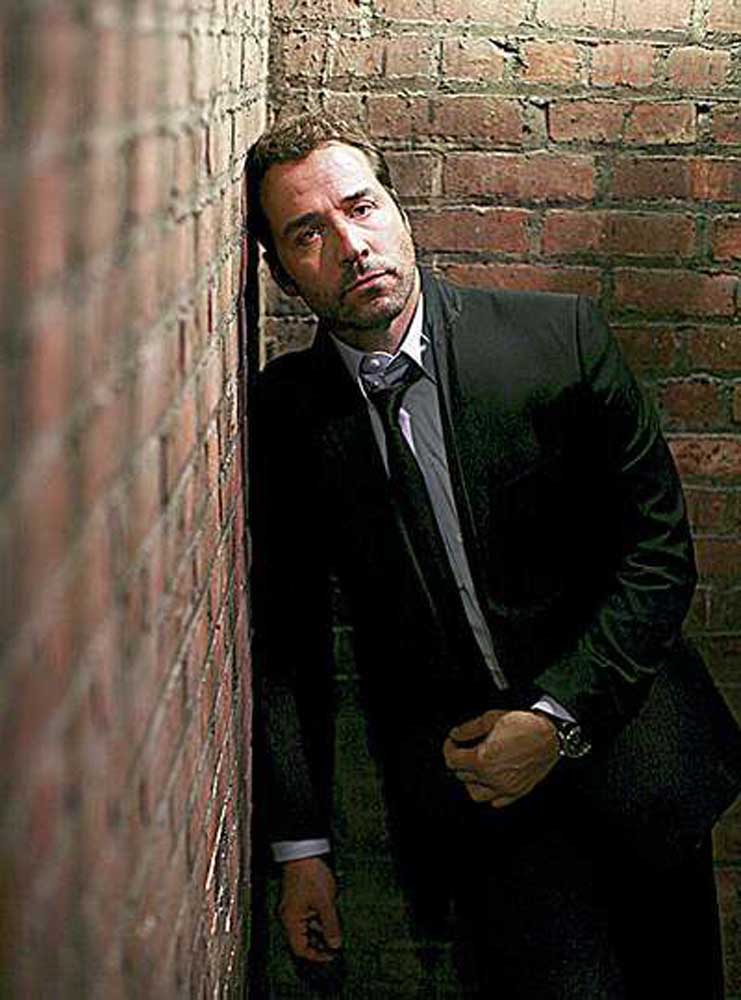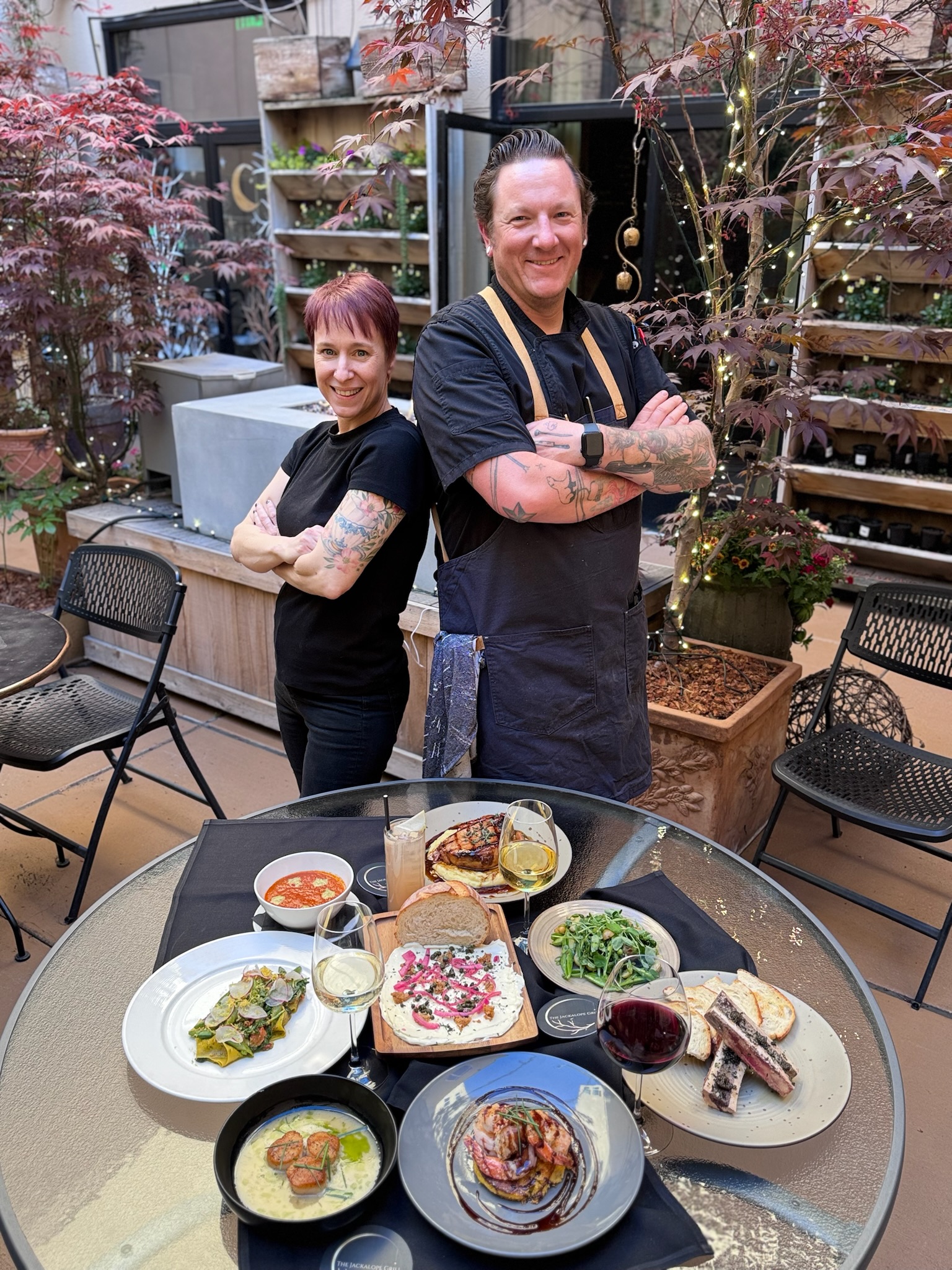Piven’s swagger is retooled for 1908
Published 5:00 am Sunday, March 31, 2013

- Jeremy Piven stars “Mr. Selfridge,” part of PBS’“Masterpiece Classic” series.
Jeremy Piven is best known as the venal, tantrum-throwing superagent Ari Gold on HBO’s hit comedy “Entourage”; as an alumnus of the Piven Theater Workshop in Chicago, founded by his parents, Joyce and Byrne Piven; and as the center of a highly publicized 2009 breach-of-contract dispute after he left a Broadway production of “Speed-the-Plow” two months early, citing exhaustion and mercury poisoning. (Piven won in arbitration.)
Now he adds a new entry to his dossier: On Sunday he returns to television in the starring role in “Mr. Selfridge,” part of PBS’ “Masterpiece Classic” series. In this eight-part fact-based British period drama, Piven plays Harry Selfridge, the larger-than-life American businessman who uprooted his family to London in 1908 to open the opulent and trailblazing department store Selfridges.
Recently, on a warm afternoon, Piven arrived at a Los Angeles coffee shop, wearing a jauntily tilted newsboy cap, large eyeglasses and unlaced combat boots. Concerned about the noise level, he strode to a back deck, deserted except for a small hillock of spare furniture. “In the spirit of Harry Selfridge,” he explained as he disentangled two chairs and a small metal table, “I’m creating a cafe in the shade.”
Here are excerpts from the discussion:
Q: You’ve said that you instantly related to Harry Selfridge because you’re both from the Windy City. What’s an essential Chicagoan trait?
A: There’s a certain swagger. Yes, it’s the Midwest, but it’s the cultural hub of the Midwest. In my opinion, it has some of the best live theater in the world. It’s just a hard-working, gritty city, and Harry made his bones there.
Q: In the series, Selfridge comes off as a visionary, a family man, a Casanova and a compulsive manipulator. How would you describe him?
A: I think he lived in these heavy dualities. He was a total risk junkie. He loved to gamble. He loved to be out at night. His wife was his world and his mother was his world and his family. At the same time, he was susceptible to his own demons.
Q: It’s easy to spot some similarities between Harry and Ari Gold. To you, how are they different?
A: Ari ruled with an iron fist and through intimidation. He was always furious. The amount of props that I broke!
Harry made sure he made contact with everyone he worked with and let them know they were special. He was a master of the high road. He played as if he had nothing to lose, and they just fell into line.
Q: How does a British set compare to one in Hollywood?
A: Everyone is wildly prepared. They have this great saying about “Just getting on with it,” and they do — without any victory laps. They’ve come from the stage as well. There’d be times when I’m in a corner warming up my voice or doing something silly. No one gave me a second look. It was just “I’m a freak in a freak kingdom.” I loved it.
Q: Let’s talk about “Speed-the-Plow.” As someone raised in the theater, did you feel betrayed by your own community?
A: No. I think once a stage actor, always a stage actor. I’m from a theater family. I am what I am. You really can’t control the rest of it. You can try. You can rail against the universe for being misunderstood, but I don’t know how healthy that is.
Q: How soon did you know that “Mr. Selfridge” was for you?
A: As I was reading the pilot script, I was thinking, “If I’m lucky, this is mine.”
Q: Did that happen with “Entourage” as well?
A: I was such a fan of “The Sopranos.” I’d watch (James) Gandolfini and Edie Falco and think: “That’s like watching two people in the last two weeks of a Broadway run. They’re so present and stunning.” This is going to sound “Kumbayah,” but I almost feel like I willed a role on an HBO show to happen. Through my love of “Downton Abbey” and everything British, I might have willed this to happen. That might sound ethereal, so I apologize.
Q: Did you also think, “What a perfect way to expand people’s notion of what I can do”?
A: There was nothing premeditated. It just was an opportunity to do this wonderful role that also happens to be based on a true character.
Q: What is it about fast-talking salesmen characters that resonates with you?
A: How do I put this? I don’t think there’s something in my spirit, my energy, my personality that matches up with a salesman. I’m the guy who likes to observe. But, yeah, I guess all those years of auditioning and having to walk into that room and do it, possibly.
Q: You’re 47, right?
A: You know what I love about this country? One of the first things they do is list your age. It’s Jeremy Piven, then my age. That’s the whole story: My name and then the age.
Q: The reason I brought it up is: Were you looking for a role that reflects your place in life? Isn’t Harry the first real grown-up you’ve ever played?
A: He is, and he has to take charge. He goes over to London and kind of achieves the impossible. To pull off what he did, you have to be this real pioneer — and he was a complete and utter maverick in every sense of the word. Yet at the same time, there was something very playful and childlike about him.






